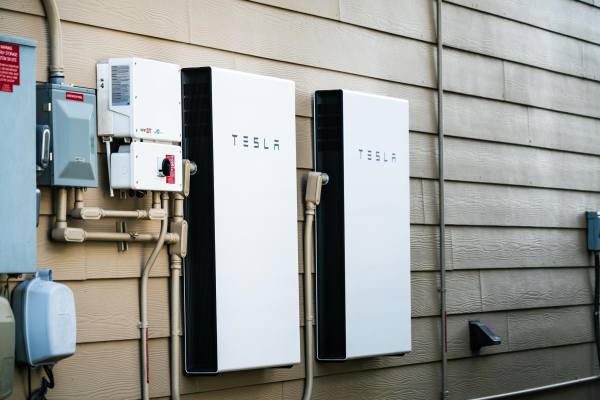The residential solar industry has been a victim of its own success.
People across the country have raced to install solar panels to take advantage of generous net metering rates, where utilities pay people a premium for their power. Meanwhile, big power producers have found themselves forced to shut off at what used to be peak (and profitable) times.
In California, the problem was particularly pronounced. When solar started hitting the mainstream, the state’s grid operator began noticing that as more people connected solar panels, the load on the grid would dip midday. Over the past 15 years, the dip has deepened. Since grids work best when the load on them is smooth, regulators began to mull how to pull it back up.
So, a little over a year ago, the California Public Utilities Commission changed how much utilities had to pay for power from new installations for single-family homeowners. Last month, it did the same for multifamily and commercial buildings. For existing solar arrays, the new rates would be phased in over 20 years. There was a silver lining, though: an incentive for home or building owners to install batteries alongside solar panels. That way they could make use of their panels’ production at night, too.
For new solar installations, adding a battery isn’t trivial, but it isn’t complicated, either. But for people who already have solar panels, adding a battery is more challenging because of the economics. Solar companies install the bulk of residential and small commercial batteries, but a battery installation without solar isn’t big enough for them to be interested.
Which is how Haven Energy got started: Two of the company’s founders, both Casper alumni, had tried for years to get batteries for their homes installed. When they couldn’t, they set out to fix the problem via entrepreneurship.
In a bit of auspicious timing, Haven Energy launched in April 2023 just as California’s new rules for single-family homes were taking effect. The startup hit the ground running with a $4.2 million seed round to build a B2B2C platform connecting homeowners with contractors to a battery to their existing solar setup.
Now, nine months later, the company is back with more news: a $7 million Series A and a new emphasis on building a platform for installers, TechCrunch+ has exclusively learned. Lerer Hippeau, Giant Ventures, and Raven One Ventures returned, and they were joined by Comcast Ventures, LifeX, TO VC, and Habitat Partners.
Despite fundraising pressures elsewhere, the Haven team felt the timing was right. “We’ve had this general thesis that there’s a lot of unmet demand from homeowners for adding batteries. I think we’re seeing that in spades,” Haven CEO Vinnie Campo told TechCrunch+.
At launch, Campo and the team figured they could use an off-the-shelf piece of software to get the installer side of the business up and running, something like Aurora Solar, which many solar installers use to design and manage their jobs. But, Campo said, they quickly realized that nothing like that existed for battery installations. “We had to go back and build all that software ourselves.”
Haven’s software provides installers with plans and permit details as well as what’s needed to complete interconnection with the grid. The company handles procurement, too.
“We now handle all of that for them,” Campo said. “They get to show up on installation day with plant sets ready, the batteries already waiting for them, and they can just do the installation.”
The startup charges homeowners a fixed price that covers a typical scope of work. Most of its contractor-side customers are smaller electricians for whom this is often a new line of business.
Currently, Haven works with installers in Los Angeles and parts of the northern Bay Area. As it grows, it’s looking to expand the territories it serves, including all of California soon and new states later this year. Campo said his company is also keeping an eye on the emerging vehicle-to-grid and vehicle-to-home space, two technologies that allow electric vehicles to serve as a home’s backup battery.
For homeowners, Haven also rolled out a virtual power plant program, allowing them to participate in so-called demand-response events in which grid operators pay a premium for electricity during periods of high demand. The company passes on a portion of those payments at the end of the year.
Haven now has 15 people on staff, up from five at launch, and its business doubled between the third and fourth quarters. Campo doesn’t see it slowing down. “There’s just like such a massive runway on batteries,” he said.
